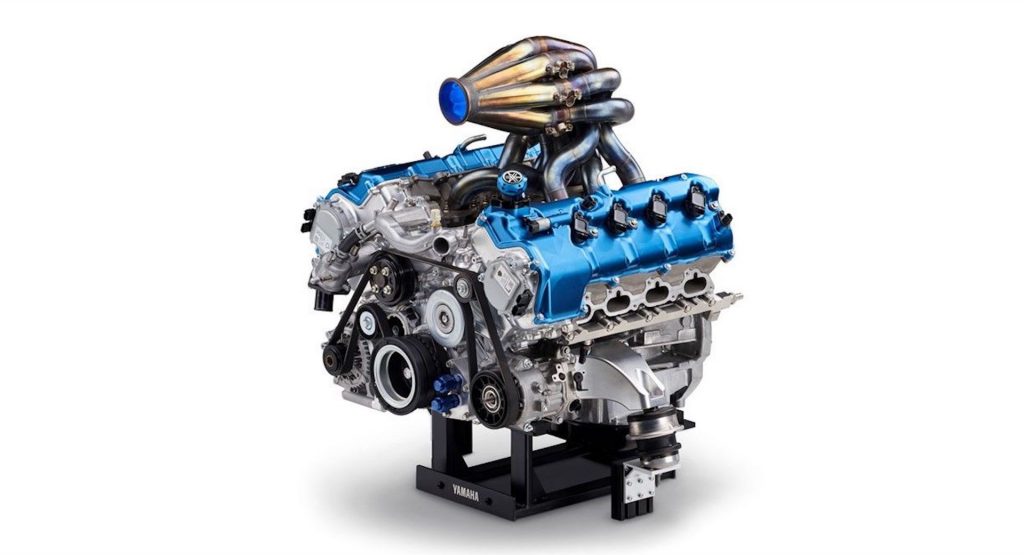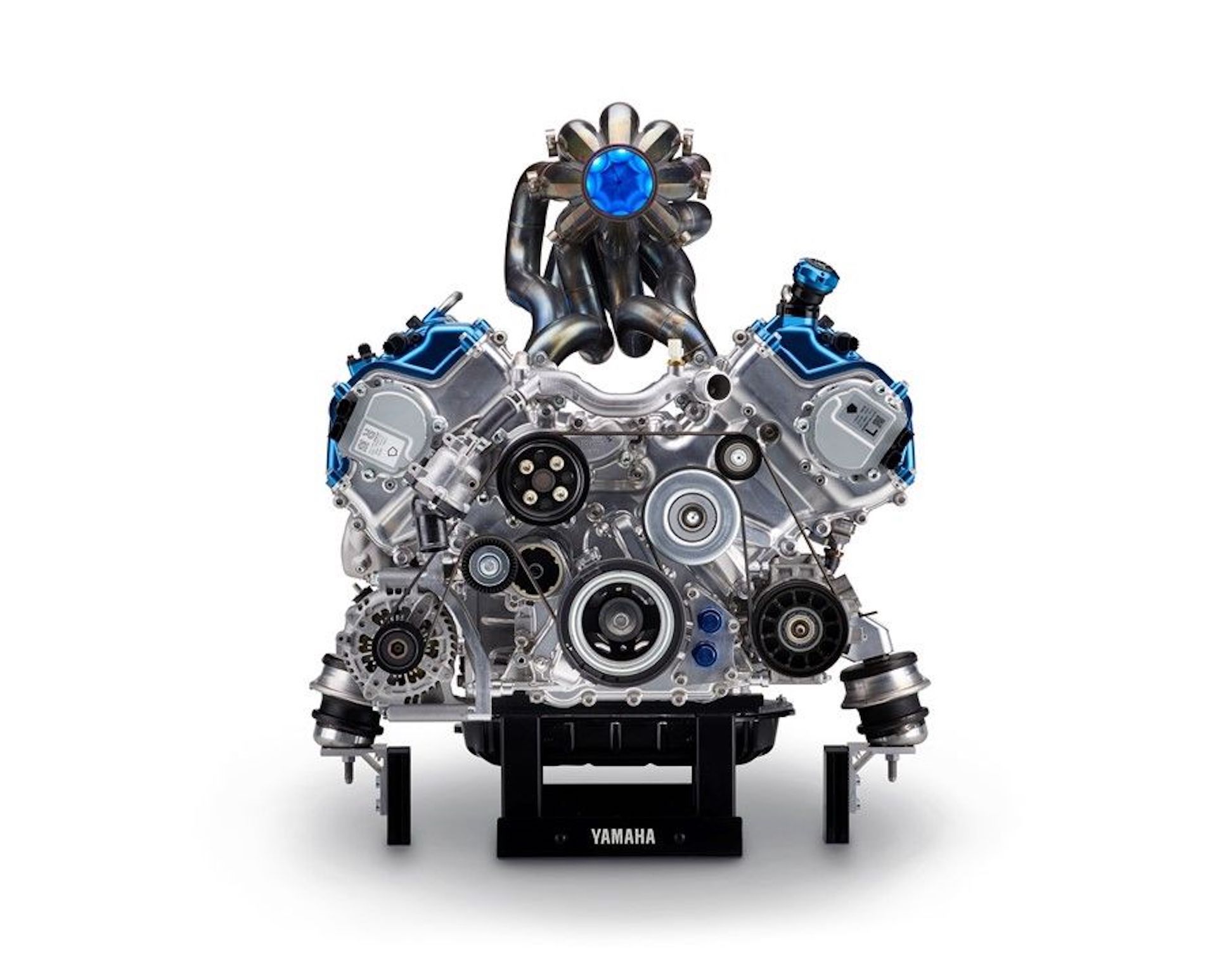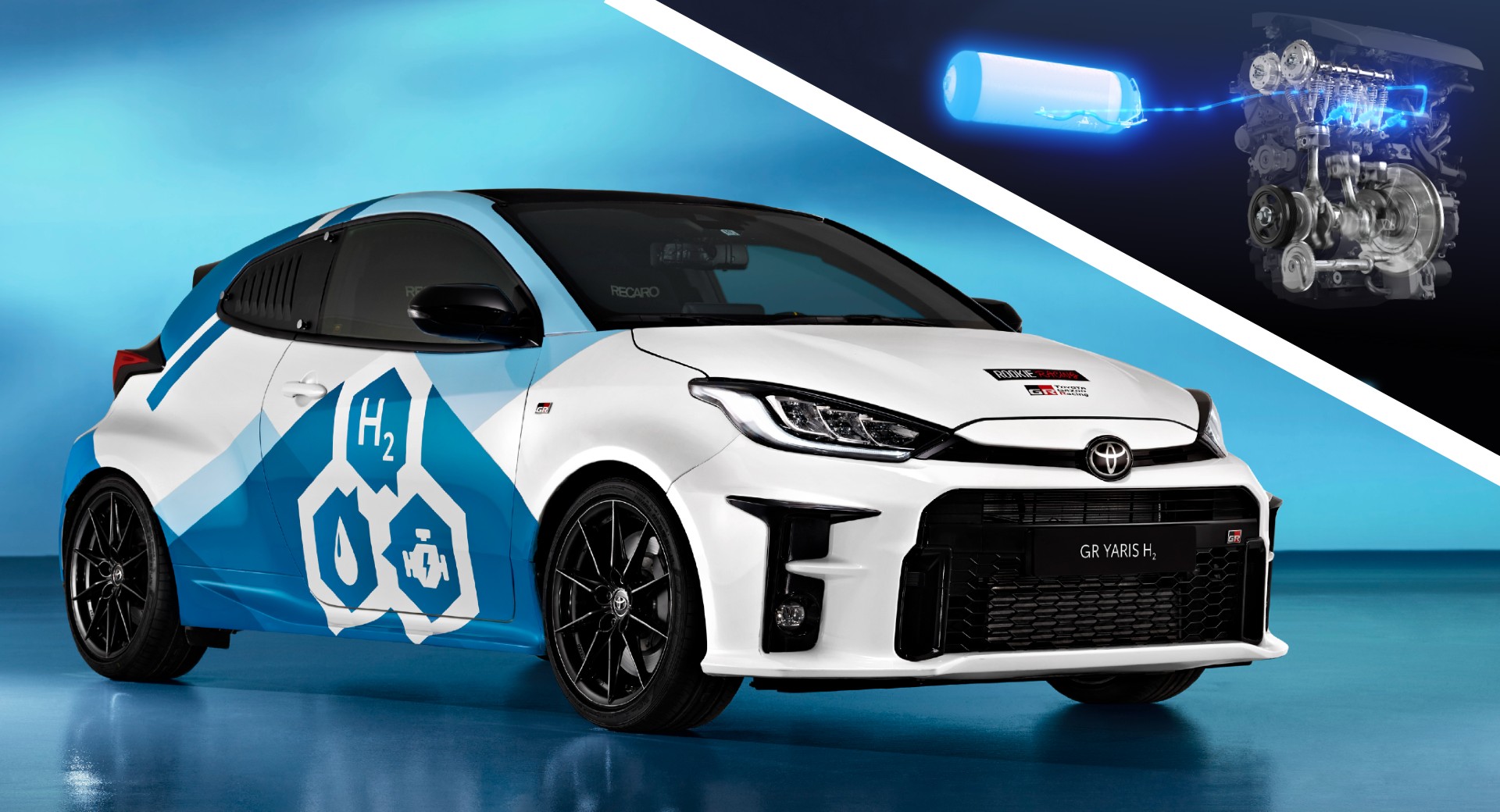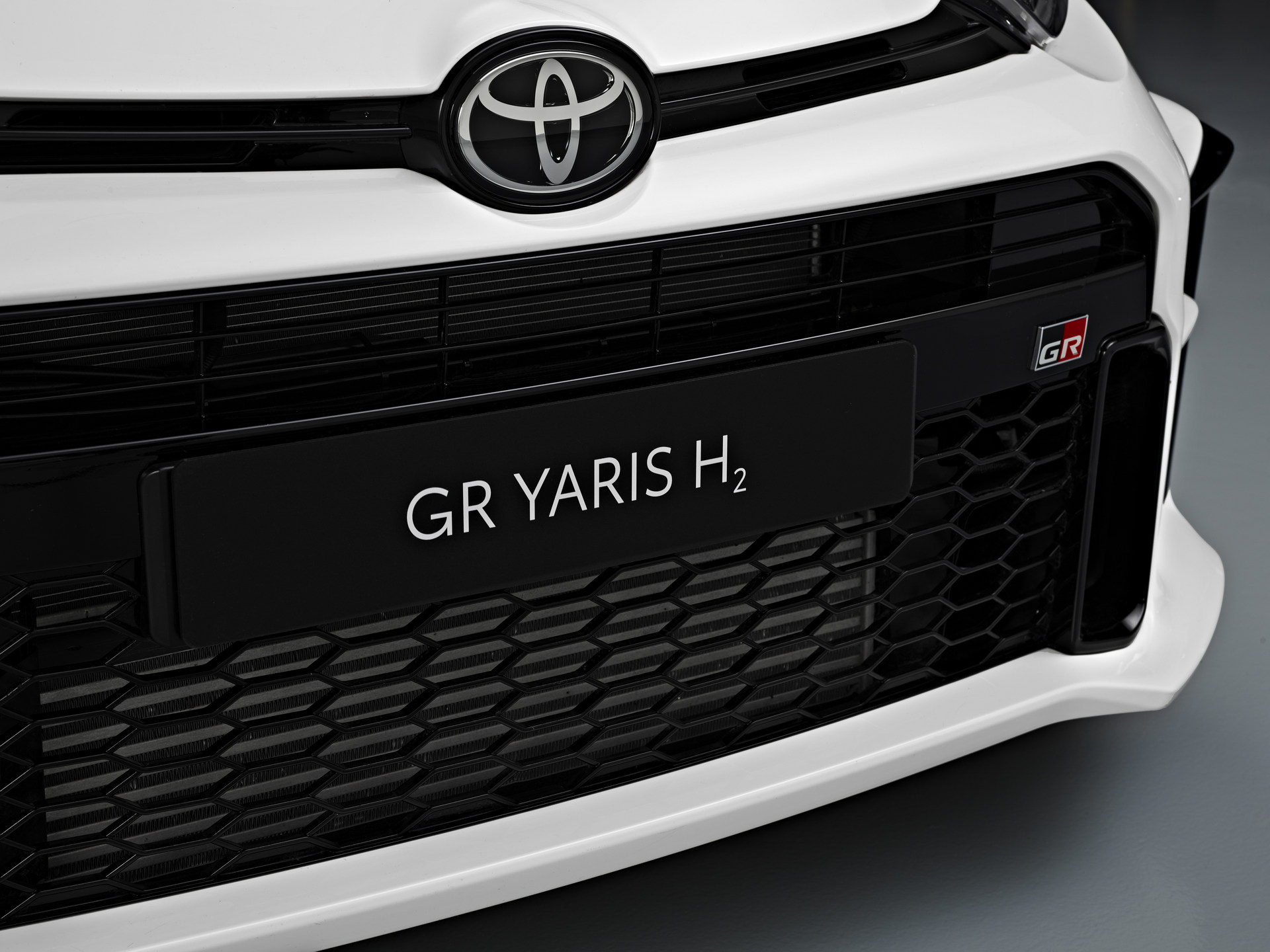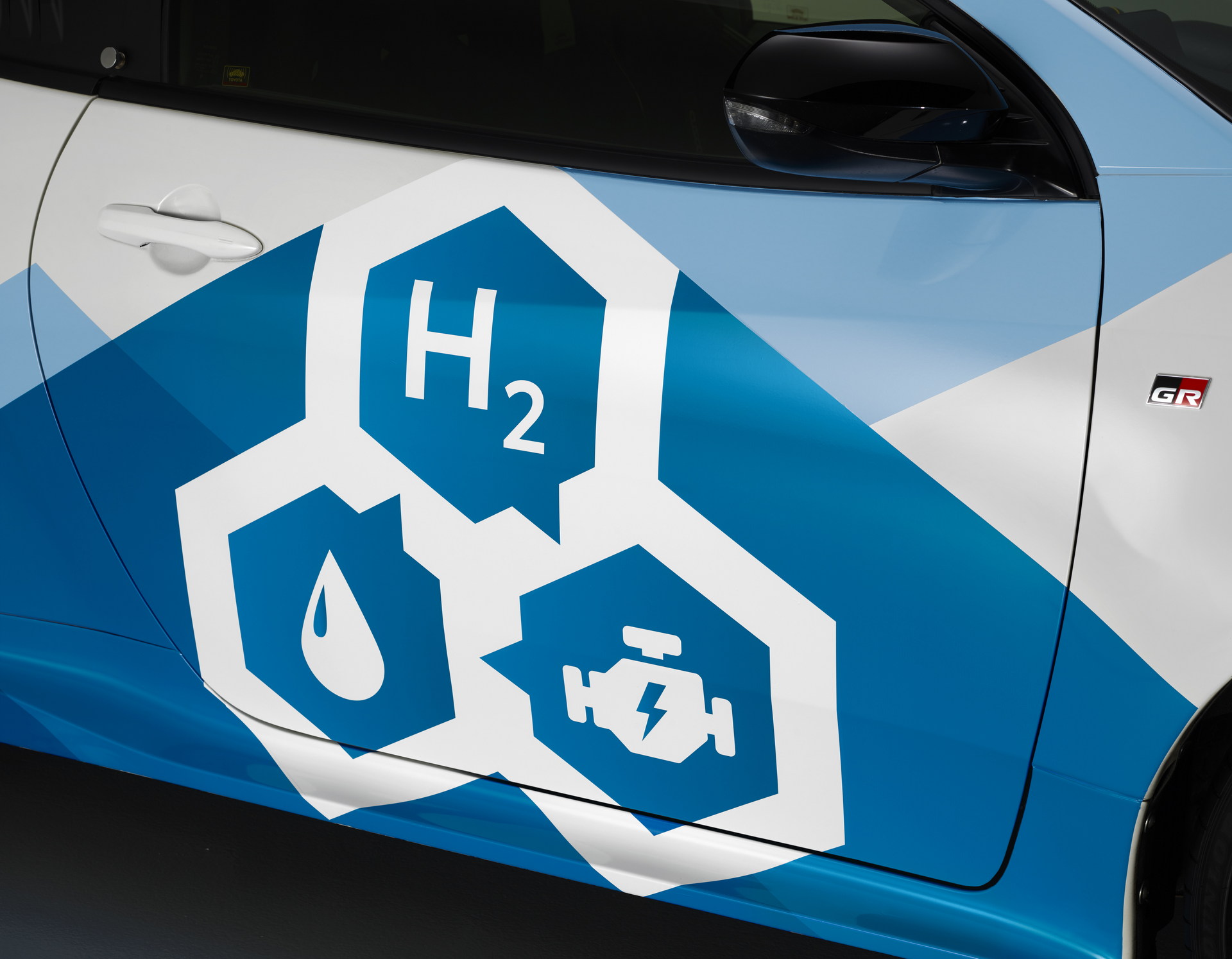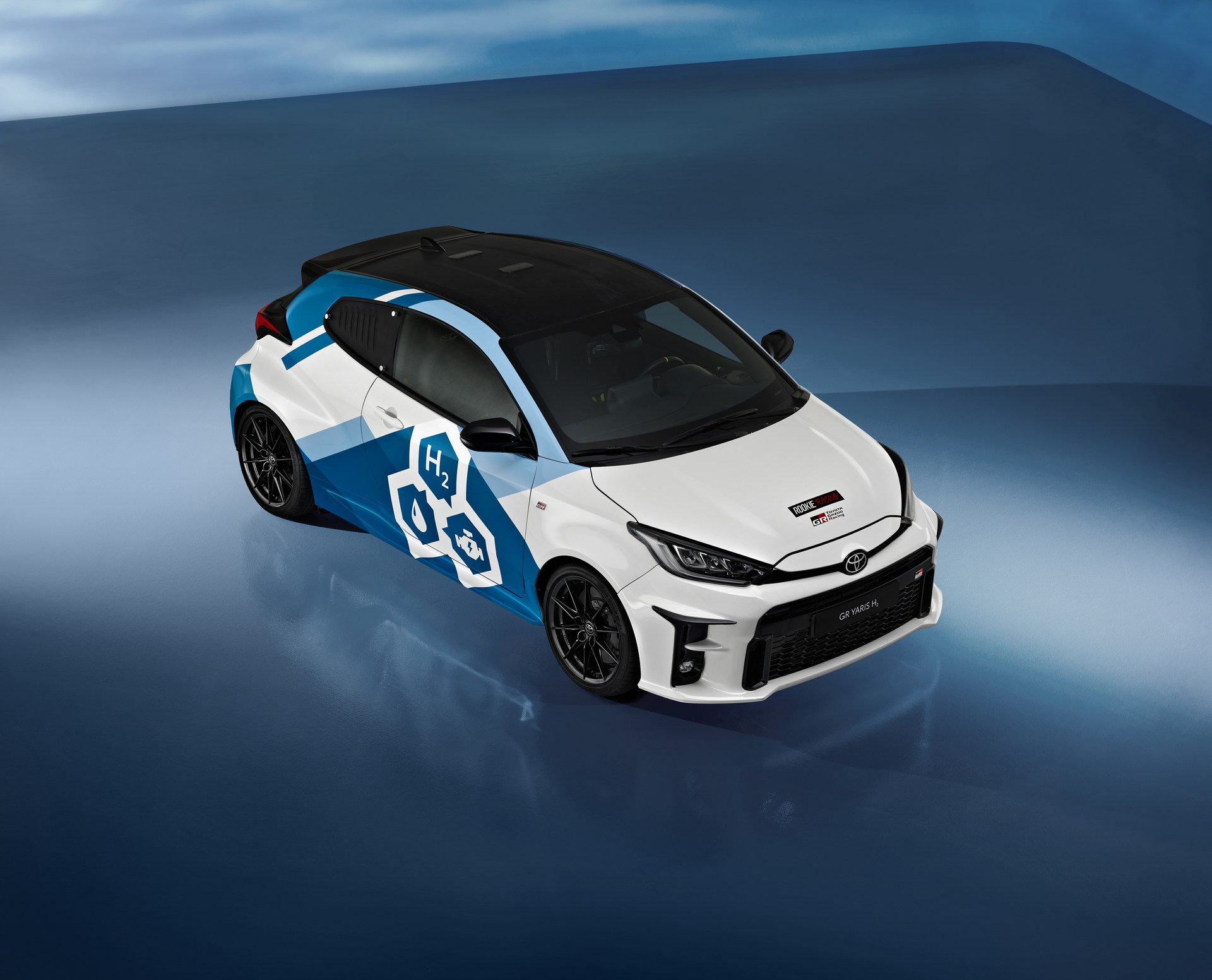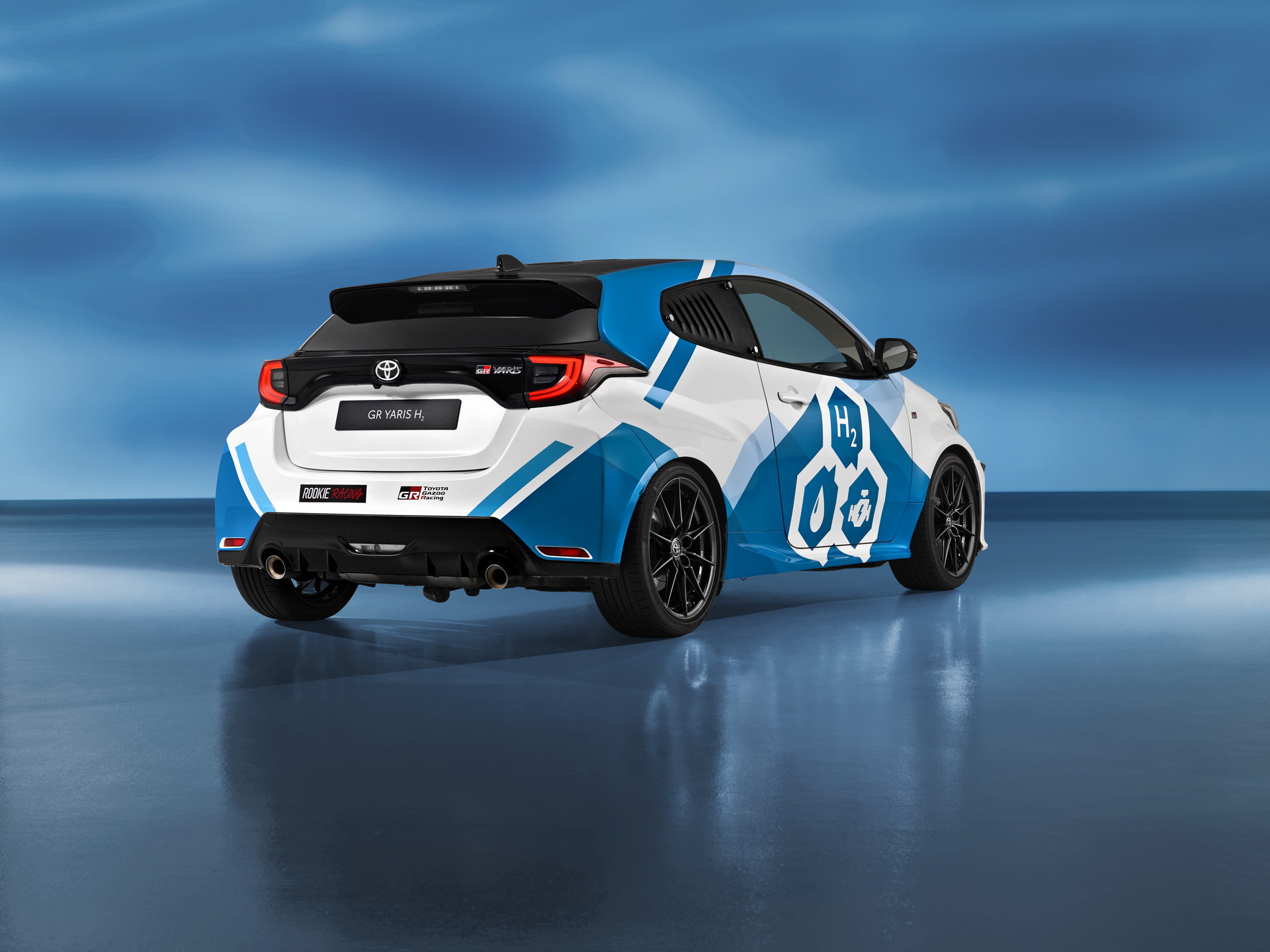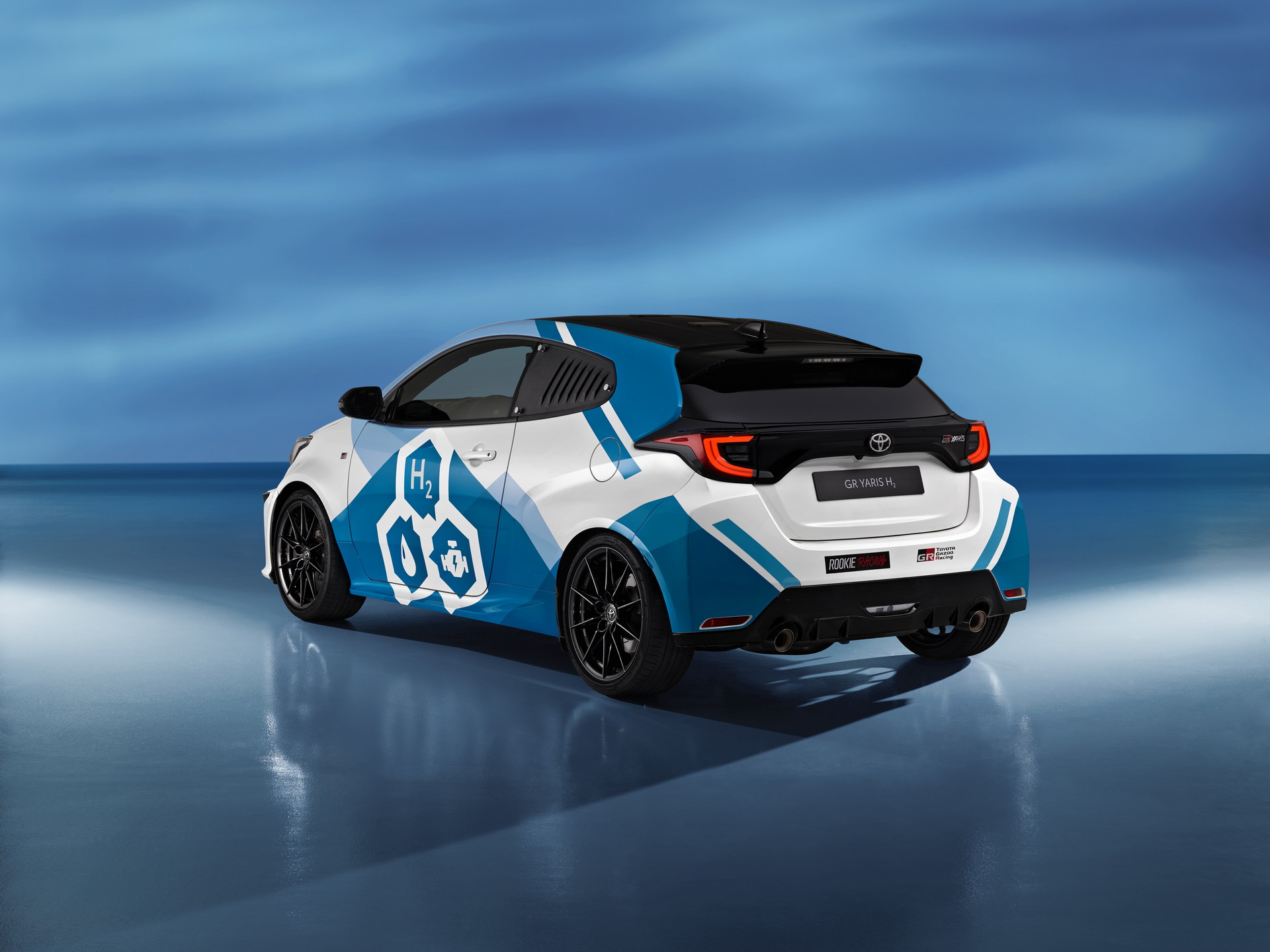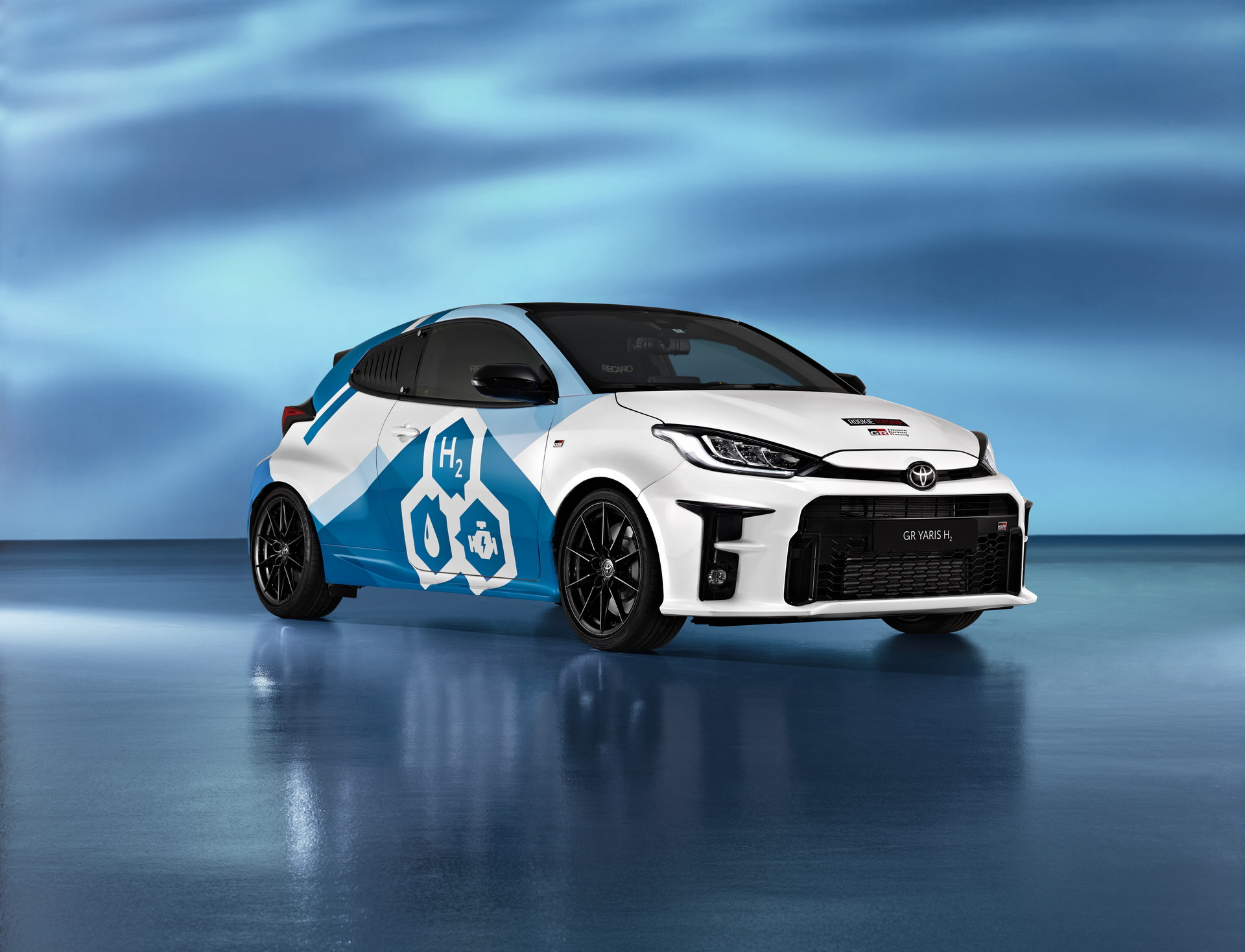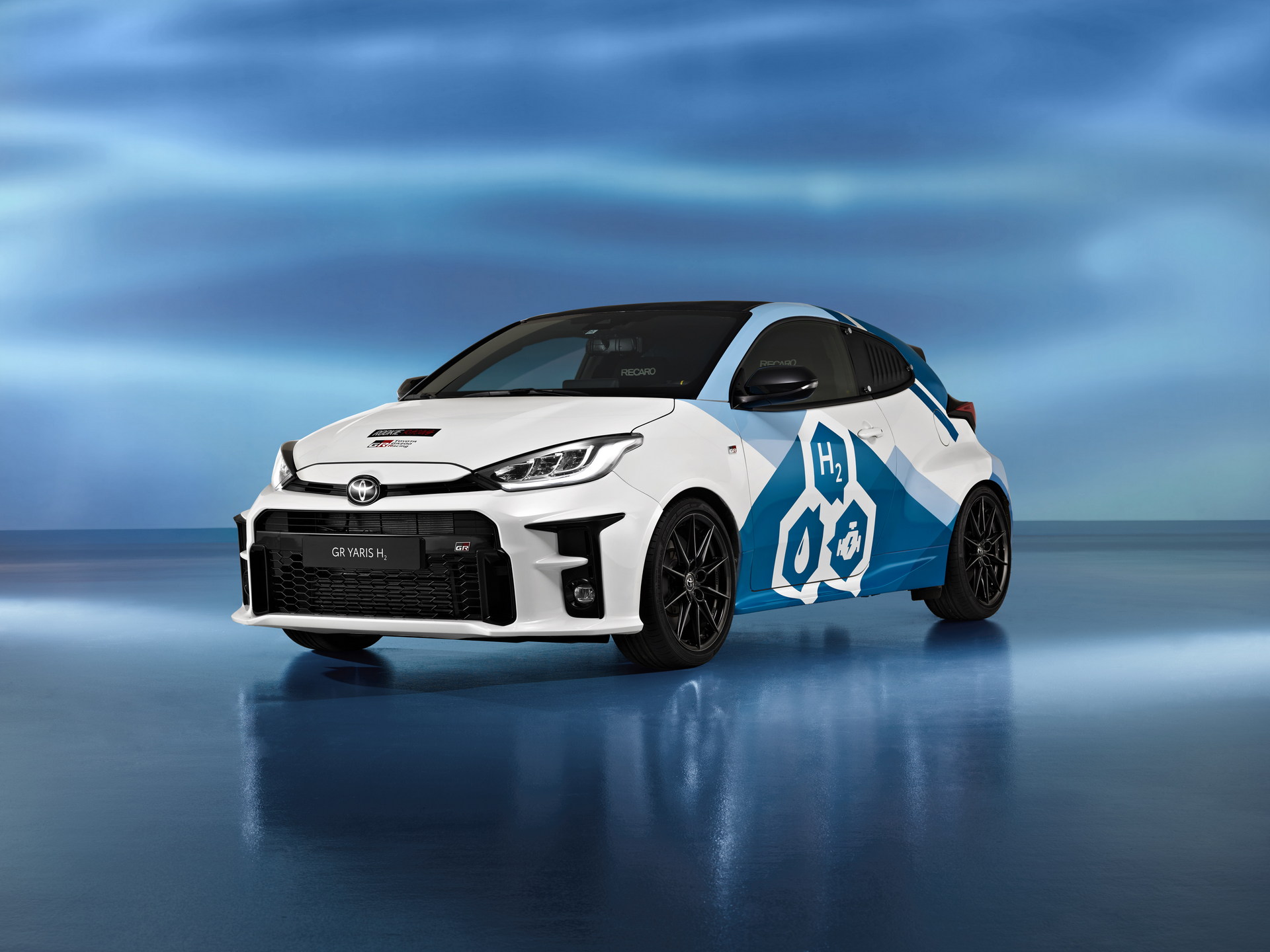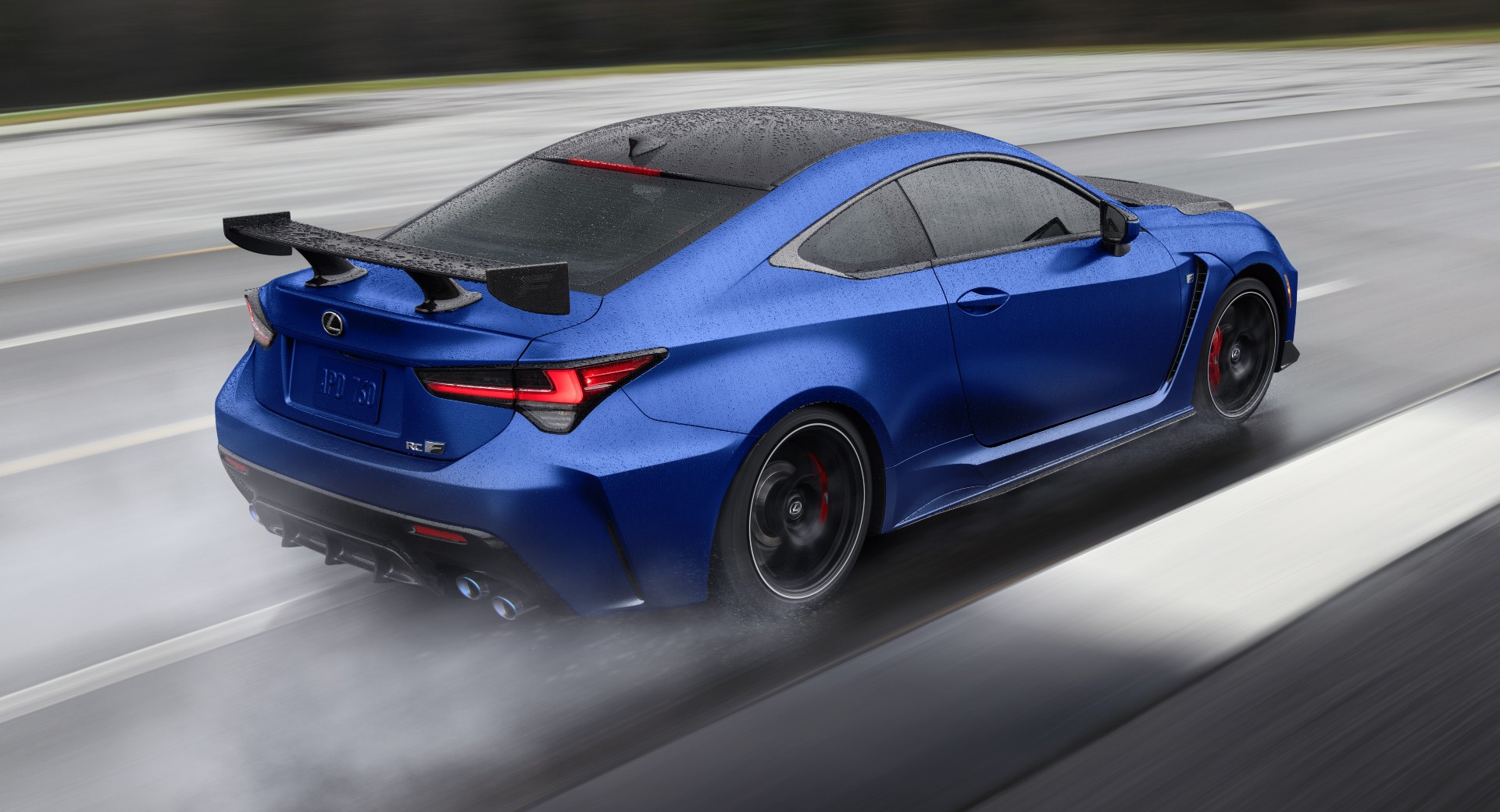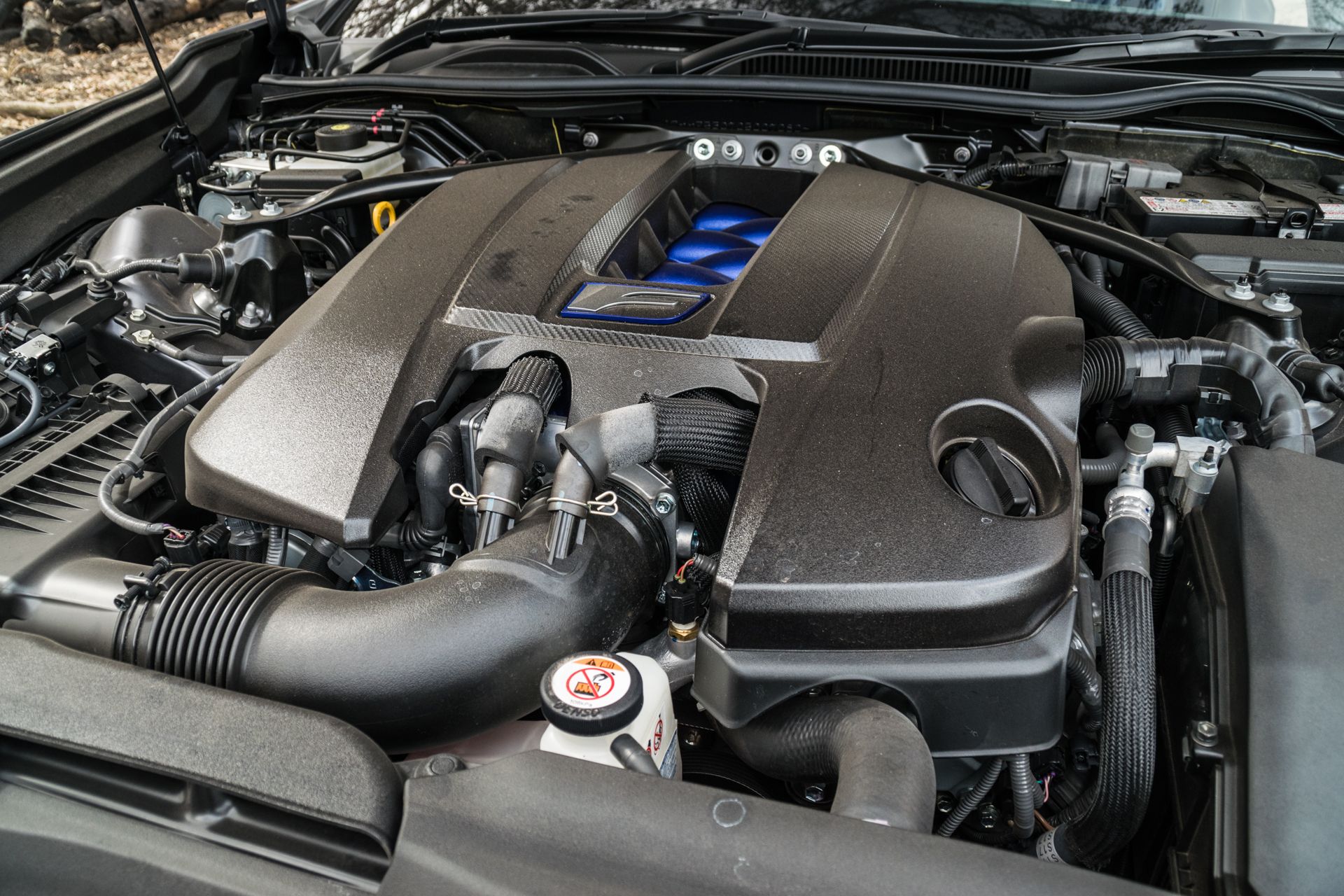Toyota has commissioned Yamaha to develop a naturally aspirated V8 engine that runs exclusively on hydrogen. The announcement comes as Toyota, Mazda, Subaru and Kawasaki prepare to collaborate on efforts to extend the lifespan of combustion technology, while meeting clean air targets.
The new engine isn’t entirely new, even if the way it’s fueled is. The 5.0-liter naturally aspirated V8 is based on the engine used in the Lexus RC F coupe, but features modifications to the injectors, heads, intake manifolds and other components.
Yamaha says it makes 444 hp (450 PS) at 6,800 rpm, and 398 lb-ft (540 Nm) of torque at 3,600 rpm. That makes the clean gas guzzler slightly less powerful than the traditional one, which produces 472 hp (479 PS) and 395 lb-ft (536 Nm) as fitted to the RC F Track Edition. But we’d happily take the hit if it means we can hang on to a V8 for a few more years.
Yamaha engineer Takeshi Yamada explained that the engine has a different character to a conventional gasoline motor: “Hydrogen engines have an innately friendly feel that makes them easy to use even without resorting to electronic driving aids.”
Related: Ethanol May Actually Be More Harmful To The Environment Than Straight Gas, Study Claims
“Everyone who came to test-drive the prototype car would start off somewhat skeptical, but emerged from the car with a big smile on their face at the end. As I watched this, I started to believe that there is actually enormous potential in the characteristics unique to hydrogen engines instead of simply treating it as a substitute for gasoline.”
At this stage neither company has announced anything about the technology making it to the street anytime soon. Or, indeed, how the hell it would route the exhaust system connected to the crazy top-mounted 8-to-1 exhaust manifold, which Yamaha claims creates a very distinctive high-frequency sound.
But given that Toyota has run a hydrogen-powered Corolla in Japan’s Super Taikyu race series and also showcased a hydrogen-powered GR Yaris prototype with the same technology, the company is clearly committed to the concept.
Considering it pioneered hybrid technology, Toyota has been slow to embrace the idea of fully electric vehicles, and CEO Akio Toyoda made an impassioned speech about the mistake of banning combustion engines. “Carbon is our enemy, not the internal combustion engine,” he said during a Japan Automobile Manufacturer’s Association (JAMA) press conference.
Yamaha has already pledged to become carbon neutral by 2050, and began developing a hydrogen engine for cars five years ago. “Hydrogen engines house the potential to be carbon-neutral while keeping our passion for the internal combustion engine alive at the same time,” explained Yamaha Motor president Yoshihiro Hidaka. “Teaming up with companies with different corporate cultures and areas of expertise as well as growing the number of partners we have is how we want to lead the way into the future.”
Do you think automakers should be investing in ways to keep combustion engines alive, or are you all-in on the switch to electric power? Leave a comment and let us know.




